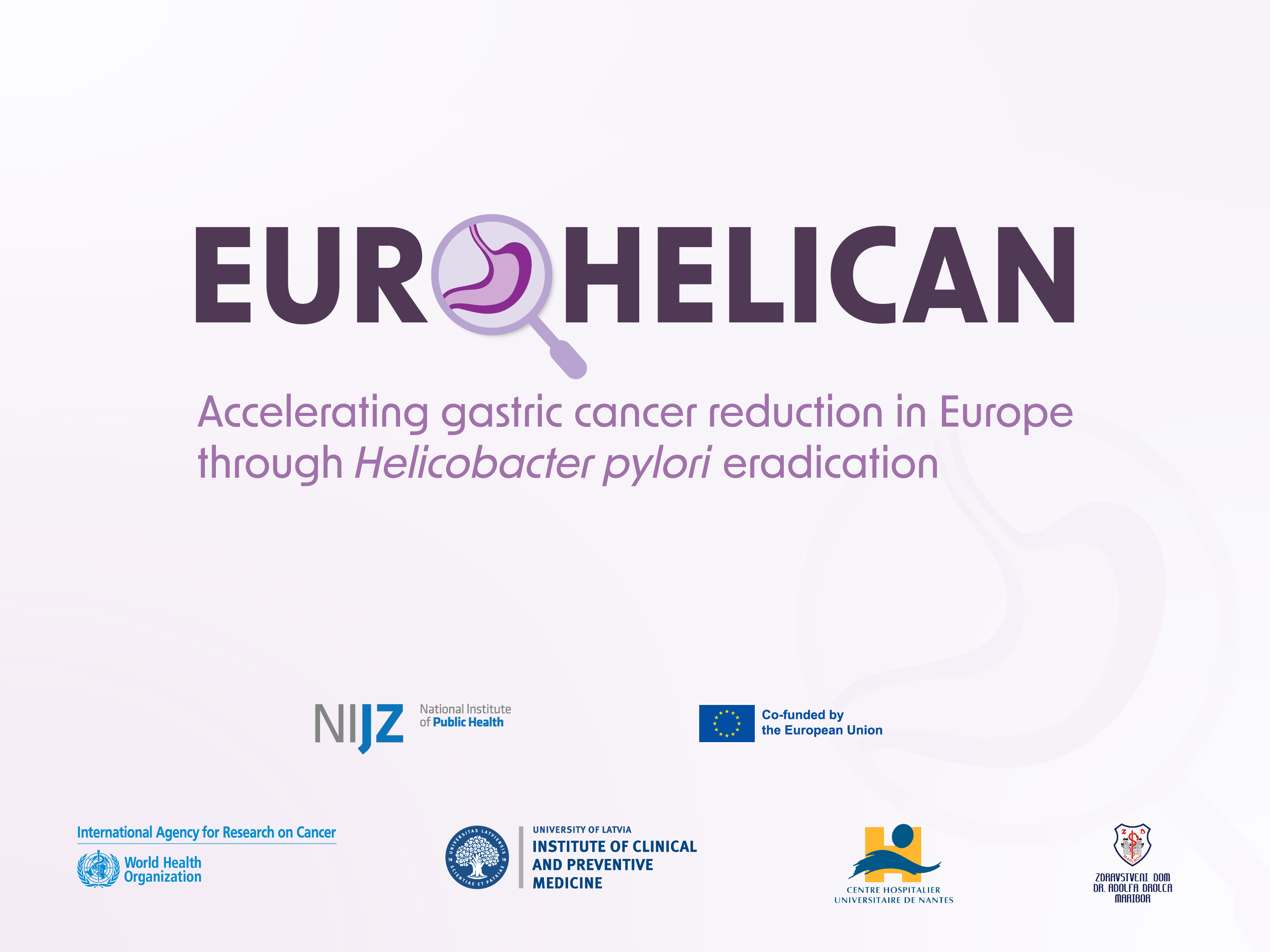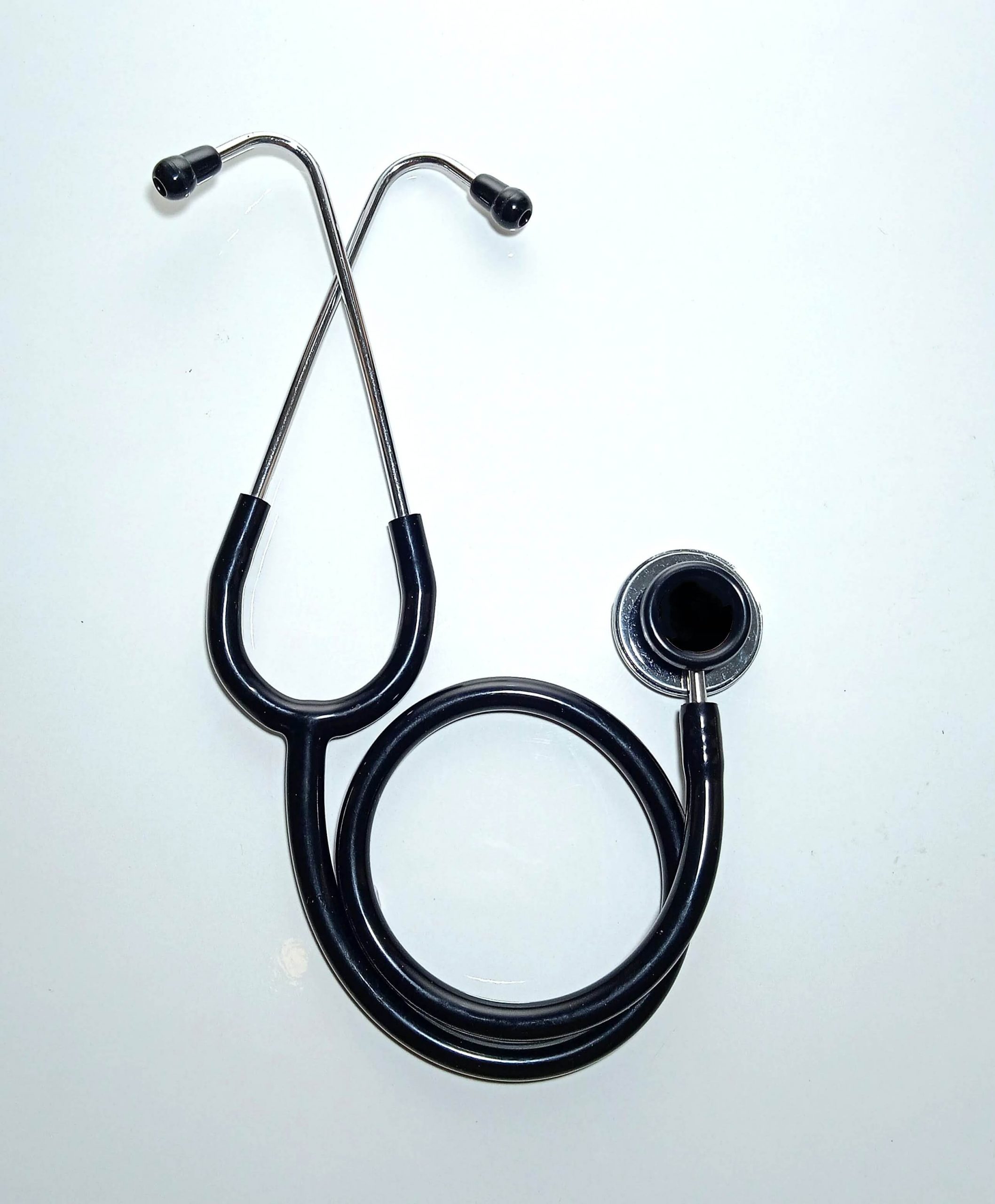Gastric cancer, with more than 1 million new cases and almost 800,000 deaths worldwide in 2020, is the fifth most frequently diagnosed cancer type and the fourth most common cause of cancer death worldwide. In Europe, gastric cancer is still an important public health issue, with the regions of Central and Eastern Europe having the highest gastric cancer incidence worldwide, second to Eastern Asia. In Europe, gastric cancer has a poor prognosis with 5-year relative survival rate between 19-30 %. Despite the recent therapeutic progress, the 5-year overall survival has not been significantly improved for the last decades in most of the European countries.
Infection with the Helicobacter pylori (H. pylori) means a high risk of developing stomach cancer. Given its absolute burden and the significant prevalence of treatable H. pylori infection worldwide, the best way to reduce gastric cancer mortality is through preventive action. Therefore, pilot population testing and treatment of H. pylori is proposed as a strategy for the prevention of stomach cancer within the framework of the EUROHELICAN project, which would significantly prevent the loss of lives or the quality of life due to this malignant disease.
By treating the infection, we would prevent and eliminate other gastroenterological problems: stomach and duodenal ulcer, gastritis (inflammation of the stomach lining), dyspepsia (feeling of fullness, bloating, burning pain, fainting, nausea), iron deficiency anemia, MALT lymphoma, vitamin deficiency B12, autoimmune disease idiopathic thrombocytopenic purpura.
The results from this project will aide policy makers incorporate the population-based H. pylori test- and treat strategy into their healthcare priorities for gastric cancer prevention while balancing its effectiveness, feasibility and acceptability with long-term potential adverse effects.
At the kickoff meeting, all project partners spoke constructively about the project’s main goals, work packages, individual activities, and precisely determined the cooperation procedures for the successful implementation of the project.
Funded by the European Union. Views and opinions expressed are however those of the author(s) only and do not necessarily reflect those of the European Union or European Health and Digital Executive Agency (HADEA). Neither the European Union nor the granting authority can be held responsible for them.





